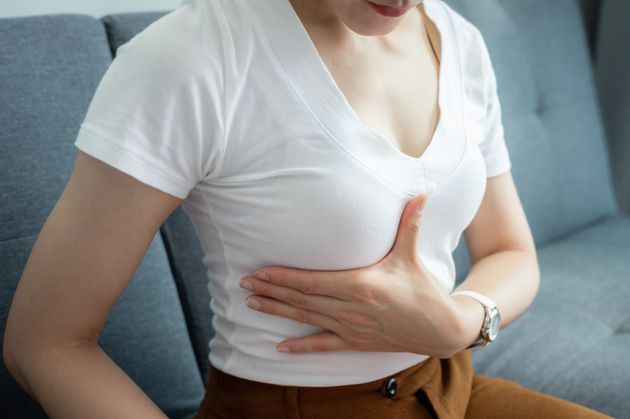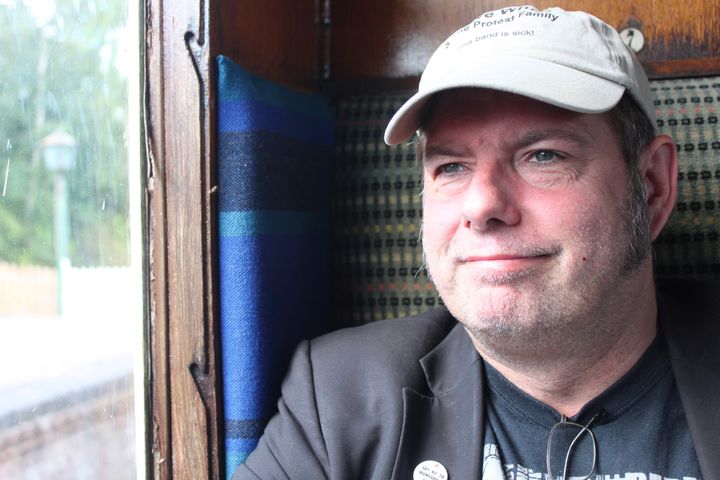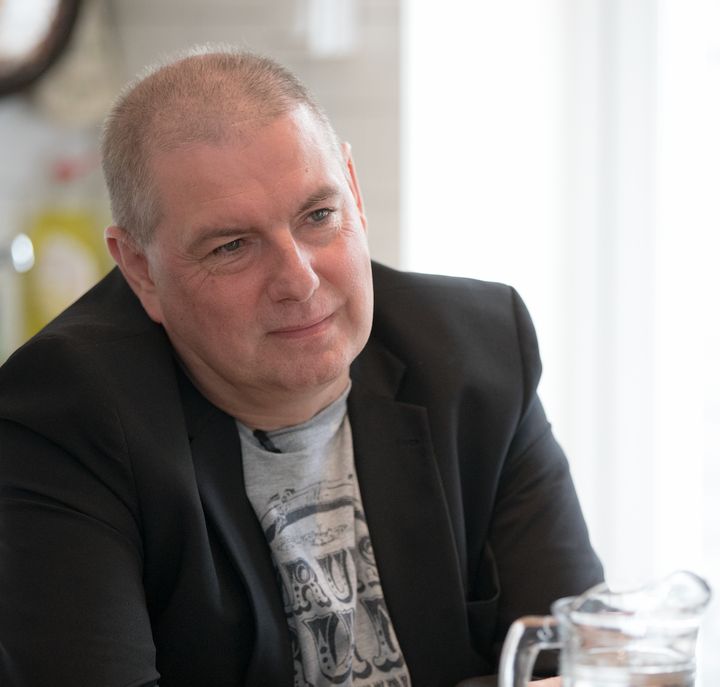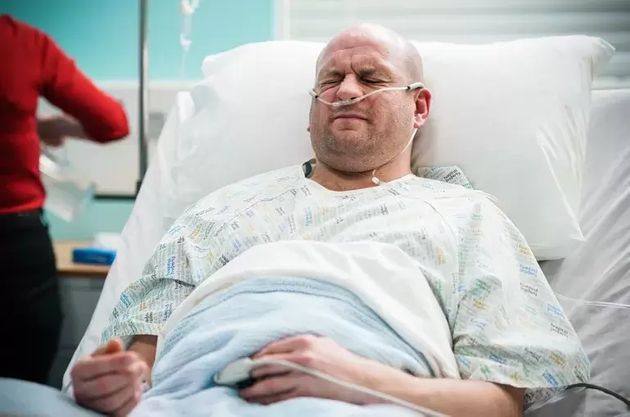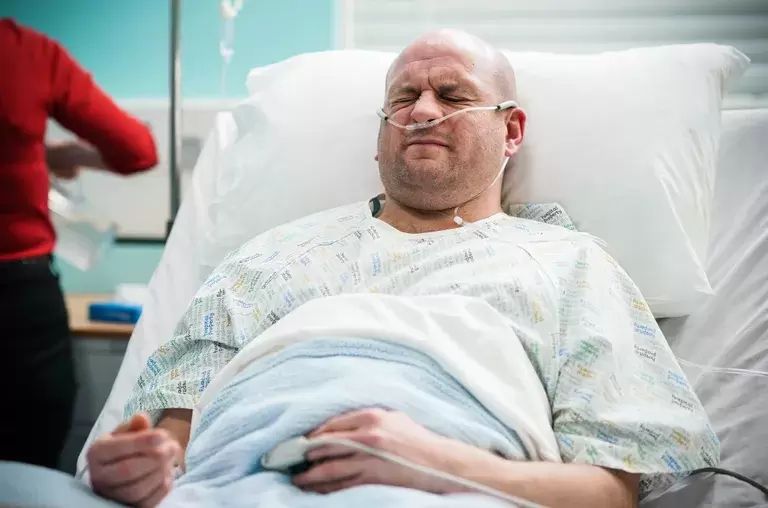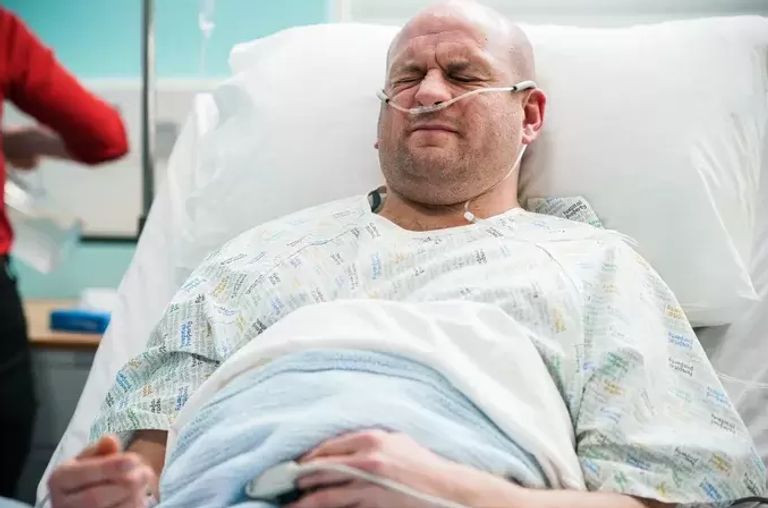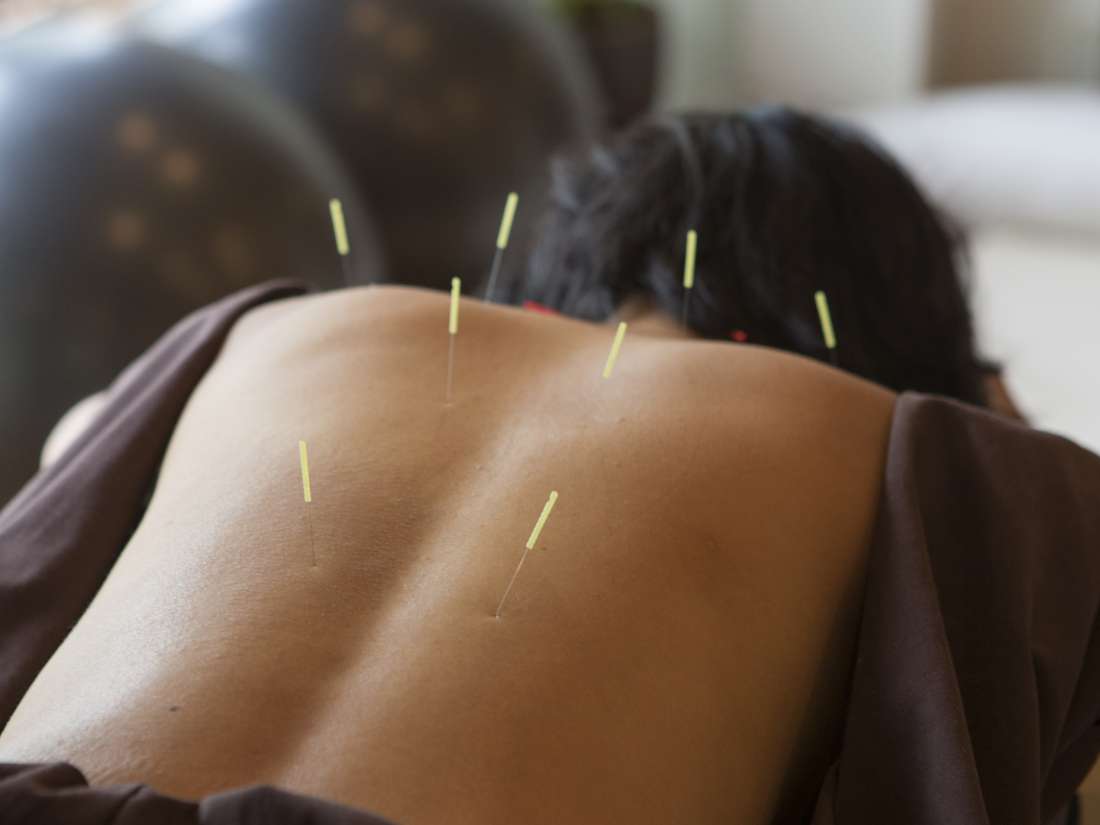
According to Cancer Research UK, there are over 56,000 new cases of breast cancer each year in the UK.
While research is constantly evolving and the survival rate is 76%, knowing the symptoms is essential for early diagnosis, treatment, and recovery.
Advertisement
That’s why it’s so concerning that despite women getting their first invites for breast screening between the ages of 50 and 53, followed by screenings every three years until they’re 71, there is a key risk factor that’s not being tested in the UK.
According to research from Micrima, a Bristol-based health tech company on a mission to save millions of lives lost to the late detection of breast cancer, there’s a stark lack of awareness around breast density among UK women, despite it being a key breast cancer risk factor.
Micrima’s research, conducted in partnership with Opinium, found that 86% of women in the UK do not know their breast density, and are in fact six times more likely to know their childhood phone number.
This comes in spite of the fact that dense breasts increase the risk of developing breast cancer and pose a barrier to breast cancer detection.
Advertisement
Dense breasts are a breast cancer risk factor
Dense breasts are breasts with more fibrous or glandular tissue, and less fat. Global evidence suggests that as many as 40% of women over 40 have dense breasts.
The standard screening method for breast cancer — mammography — is not as effective at detecting breast cancer, and, according to Micrima’s data, most women don’t know this, with 67% admitting they didn’t know, and 5% of women thinking that dense breasts make screenings easier.
Based on the data, Micrima estimates that four million women over the age of 40 in the UK have dense breasts and don’t realise that they are at greater risk. Worryingly, as many as 41% of women said they have good knowledge of the risks associated with developing breast cancer, which highlights the lack of awareness and understanding of breast density consequences in the UK.
Adrian Waller, CEO Micrima commented “It is deeply concerning that awareness of breast density, and how it contributes to the risk of developing breast cancer, is so low among women in the UK. While mammography is the standard screening method for breast cancer worldwide, it is not as effective at detecting cancer in dense breasts. As a result, cancer is being undetected and left to spread.
“If we want more positive outcomes for breast cancer, we need to increase awareness of this problem and help build the infrastructure needed to tackle this issue. By equipping medical practitioners with the right technology, they can select the right diagnostic test for cancer, potentially saving the lives of millions of women who die having experienced late detection of breast cancer.”
Advertisement
“I was told by the sonographer that I had ‘the densest breasts’ they had ever seen”
Cancer survivor, Clare Cowhig, was 51 when she was first concerned about a strange area on her breast.
She explained: “Although it was nine months after my last clear mammogram, I booked a private ultrasound.
“I was told by the sonographer that I had ‘the densest breasts’ they had ever seen and was questioned about why I hadn’t been having MRIs due to the reduced sensitivity of mammography to find tumours in dense breasts.”
Until this point, Cowhig had been very careful to ensure she was getting regular testing, as there is a significant history of breast cancer in her family.
“I had no idea I had dense breasts, or why that was significant. Unfortunately, after further investigation, it was confirmed I had an invasive ductal cancer in each breast.
Advertisement
“I had highly dense breasts and these tumours never showed up on my mammograms. One tumour was stage-three and over five centimetres, the other was stage two and two centimetres. I had further areas of ‘in-situ’ disease in both.”
Following this revelation, Cowhig wanted to learn more about her breasts, and if their density had been noted in medical records. She explained: “I discovered that my dense breast tissue had been noted after each of my annual mammograms, yet this information was never shared with me.
“If I had been told about my dense breasts, I would have sought additional screening. I believe my tumours could have been found at a smaller and less advanced stage and I wouldn’t have had to endure such extensive treatment, including a double mastectomy.”
Learn more about breast density and how to discover yours at My Density Matters.

